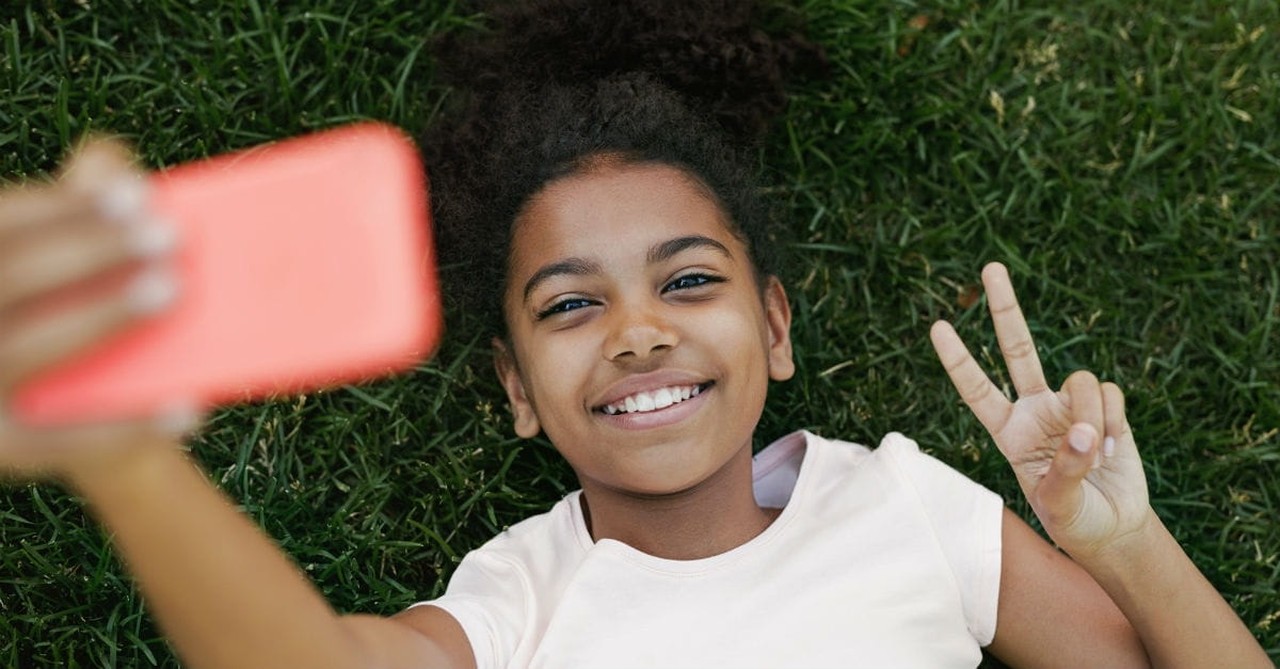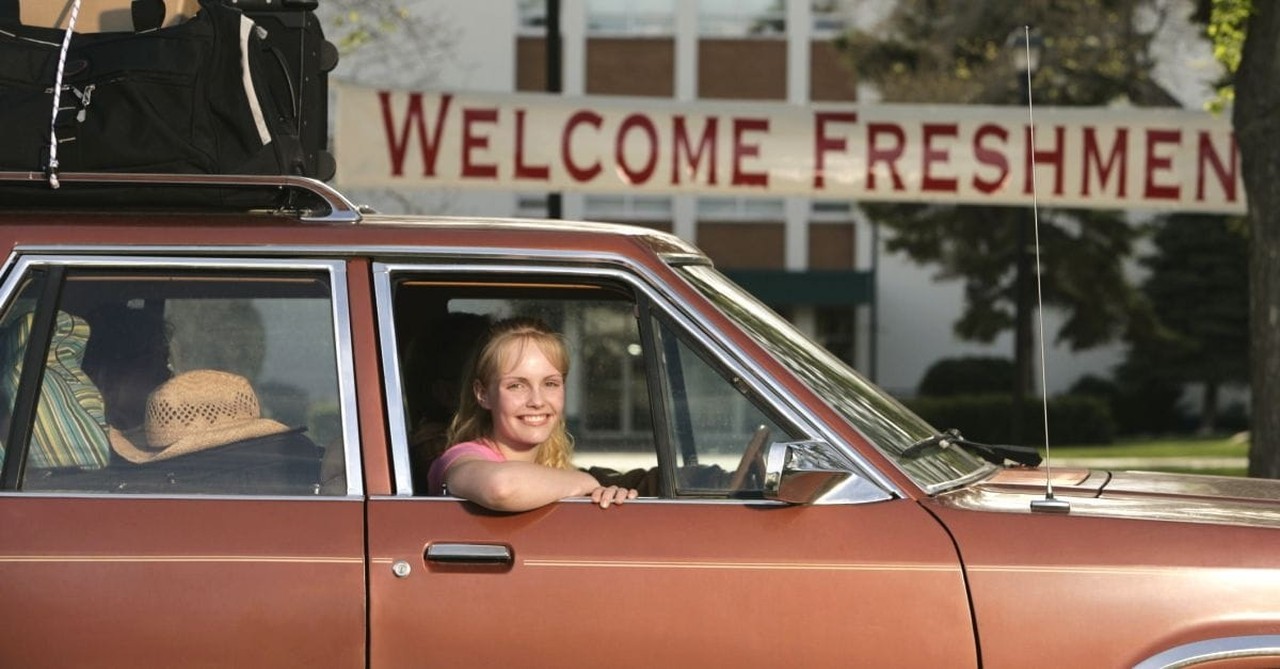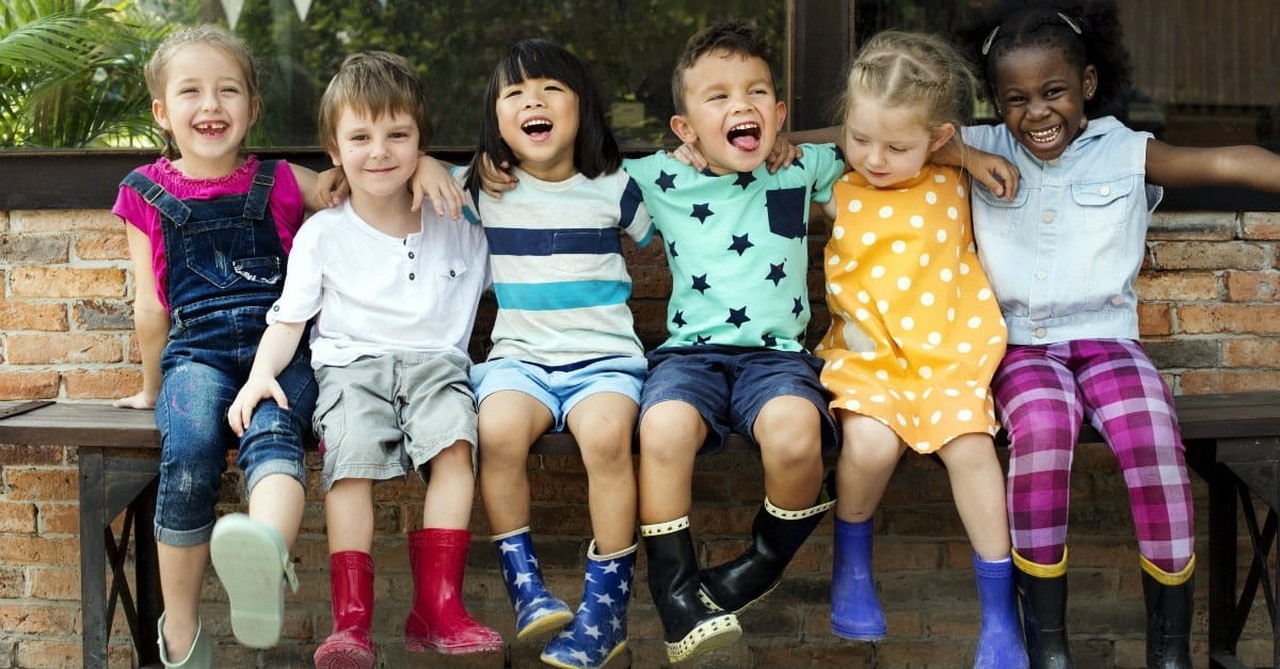10 Guidelines Parents Should Follow before Posting a Picture of Their Child Online

We all love seeing pictures of our friends’ kids pop up in our social media feeds. And as parents, many of us enjoy sharing those funny, proud, and poignant moments that show off our own kids to our family and friends.
The technology in our hands makes it easier than ever to snap and share, but with that ease comes a lack of processing time (pun intended). We don’t always think through what we are sharing and how it may impact our kids. We don’t always slow down and ask some important questions about our photo sharing habits.
It’s ironic that, at a time when we are more protective than ever of our kids--online and offline--that we are willing to throw a photo of them online for all to see without much of a thought. Of course, a picture is worth a thousand words, and we need to consider what we are also giving away when we hit upload.
Here are ten questions we should be asking before posting those shots.
Photo credit: ©Thinkstock/bokan76
1. Are My Privacy Settings Correct?

1. Are My Privacy Settings Correct?
SLIDE 1 OF 10
Learn how privacy settings are set in any of the social media accounts where you publish photos. If you aren’t sure, Google “privacy settings” and the name of the app (Facebook, Instagram, etc.) You will also need to check these settings from time to time, as updates can sometimes reset them back to their defaults.
In Facebook, for example, you can decide who can see your profile, your pictures, and other personal details. This could mean that those who are not your friends are able to see information (like your hometown) and all your photos. When it comes to your posts, you can allow only “friends” to see, or you can open it to “public.” The safest option here is “friends.”
Photo credit: ©Thinkstock/Daviles
2. Ask the 10-Year Question

2. Ask the 10-Year Question
SLIDE 2 OF 10
After my wife and I adopted our first child, we struggled with how much of his life story (and that of his birth parents) to share with others. Someone gave us sage advice by encouraging us to ask: If your child were 10 years older and standing next to you, would you be comfortable sharing this particular detail with this particular person?
We should ask that same type of question about the photos we publish. If my child were 10 years older than they are now, would I still feel comfortable posting that “cute” picture of them for the world to see? If they (and their friends!) found this in a Google search in 10 years, would they be okay with that? This also includes what you wrote in the caption or other information you shared about the picture.
Photo credit:
3. Have You Asked Their Permission?

3. Have You Asked Their Permission?
SLIDE 3 OF 10
It may not seem natural for you--the adult--to have to defer to your child by asking them for permission on anything. Maybe you don’t feel compelled to ask them this about every picture, but you should at least get in the habit of asking before posting anything where they might be uncomfortable with it.
By making this a practice, though, you are modeling good digital citizenship to them. You are teaching by example that everyone has a right to their privacy and it’s not our decision to make; it’s theirs. This generation is so used to snapping pictures of everyone and everything that asking permission will act as an important reminder to them of this simple display of respect.
Photo credit: ©Thinkstock/digitalskillet
4. Does it Honor Them?

4. Does it Honor Them?
SLIDE 4 OF 10
It is easy for us to allow our frustrations and disappointments in our children’s behavior to spill out into public conversation. How often have we said something to a fellow parent, for example, then later regretted the comment? Boy, that sure painted them in a bad light!
With each photo we post, and with the overall “theme” of the images we share, are we giving the world a good impression of our sons and daughters? Do we only show their shortcomings or mistakes, just to get the laugh (or the Likes)? If those on the viewing end only had the photos to go by, what would be their takeaway on what kind of kid he or she is?
Photo credit: ©Thinkstock/shironosov
5. Am I Sharing or Marketing?

5. Am I Sharing or Marketing?
SLIDE 5 OF 10
All of us, for the most part, carefully select the images we use in social media to create a certain message we want the world to hear about us. We often show only the great parts of a vacation, or the happy moments in our home, or the positive aspects of our lives. We essentially become marketers, curating a deliberate image of ourselves. We all do this.
But how much of a role do my kids have in that image of me? Am I “using” them to improve or embellish that message to others? Am I sharing a particular photo because it honors them, or because it elevates my image as a “good parent"? We need to question our motives whenever we post a photo, but even more so when it centers on our kids.
Photo credit: ©Thinkstock/monkeybusinessimages
6. Does the Photo Give Away Their Location?

6. Does the Photo Give Away Their Location?
SLIDE 6 OF 10
Most smartphones and many newer digital cameras have the ability to record GPS data at the time a picture is taken. Commonly referred to as geotagging, this can pose some privacy issues when photos are uploaded. Some social media sites now claim to strip out this data when a photo is uploaded, but there are other very simple precautions you can take to avoid giving away your child’s location.
On an iPhone, go to Settings > Privacy > Location Services. Then scroll down to find Camera, and select Never as the option for geotagging (You can do this to any other app while you are there, by the way). On Android devices, open the camera app and tap the settings icon in the upper-left. Be sure that the switch for Location Tags is turned OFF. For both devices, be aware that this only removes the geotags for photos you take on this phone moving forward. It does not remove data from previously-taken photos.
Apart from the photos themselves, learn the location tagging features of the social media you use. Many of them tag location by default, while others leave it up to the user to tag each individual photo. Some of these features can be turned off on the phone (just like you did with the camera). Others will require you to go into the settings of the app or service and change the settings there. Google geotagging for the most up-to-date instructions.
Photo credit: Pexels
7. Does it Match a Picture to a Name?

7. Does it Match a Picture to a Name?
SLIDE 7 OF 10
It’s very likely that most of the people in your social media circles will know the name of your child when they see a picture of them. But what about others with whom that photo is shared? If it lands in the feed of someone you don’t know, would they now have a “name with a face”?
It’s not just the content of the photos we should pay attention to. What have we written in the caption that will now become a permanent part of that image? Is there enough for someone to have more information than they need about my child? All that text also makes it easier to search in Google, too.
Of course, it’s not that every friend of our social media friends is some sort of pedophile or predator. But why offer information that others don’t need? I cringe when I see kids post stuff with their name (especially their full name) on social media. It’s the same way that I wonder why we let our student athletes wander around town with their last names stenciled across the backs of their warm-up gear. If people don’t need to know that information, let’s not give it out.
Photo credit: ©Thinkstock/Youngoldman
8. Is There Other Identifying Information?

8. Is There Other Identifying Information?
SLIDE 8 OF 10
Apart from the child’s name, is there anything else in the photo that would give away identifying information? Can we see the name of the school or sports team on a sign in the background? Are the kids wearing their “Central High Gymnastics Champs 2017” t-shirts? Can we spot what town they live in by signage or recognizable landmarks?
I know this sounds like we have to play detective to every photograph we ever share—we don’t. But we should be more aware of what exactly we give away with every photo we post. And more importantly, we need to teach our kids how to be thoughtful about these privacy issues. As they get their own device in their hands and start wildly uploading selfies to social media, will they make the same smart choices and considerations that you would?
Photo credit: ©Thinkstock
9. Is It Provocative or Revealing?

9. Is It Provocative or Revealing?
SLIDE 9 OF 10
Maybe this is an odd question to ask if you have very young children, but the world is sexualizing our children faster than ever. Don’t believe me? As I write this, Halloween was just a few weeks ago. I feel for any parent of young girls who had to shop for costumes that don’t portray their little girl as a...well, you’ve walked down the costume aisles.
We can teach our children modesty at an early age, and most of us try to do this. Do the pictures we post reflect those same values? Yes, I’m talking about the cute bathtub pictures, too. But as they get older, what do the photos show of our kids? Whether it’s beach and swimsuit photos, or simply the way they pose for the camera, photos have the potential to further sexualize and objectify kids. By choosing not to post these, we can send a message about what God values in their heart and character, rather than emphasizing their bodies.
Photo credit: ©Thinkstock
10. Are There Any Others in the Picture?

10. Are There Any Others in the Picture?
SLIDE 10 OF 10
Asking these questions about our kids, the phone settings, the background, and the motive for taking the picture is all fine and good if our child or children are the only ones in the frame. What about the neighbor kids, the kids from Sunday School, or the cousins that are also in the activity? We are posting their faces online, too, along with any other information that might be contained in that photo.
The obvious answer here is to get permission from the child’s parents before posting, understanding that children—by law—can’t give consent. I know, it sounds daunting and time-consuming, especially when smartphone camera apps make it so easy to upload immediately after shooting. To some extent, of course, how well you know the other parents makes a difference. Still, this is not the time for assumptions.
And never apologize for asking another parent to remove a photo or a tag from an image on their social media. It might be a little awkward, but it sends a consistent message to your child: others don’t get to tell your story unless you give them permission to do so.
Photo credit: ©Thinkstock/Rawpixel
Cory Peppler is a teacher-librarian, father, husband, and blogger. He writes about the intersection of parenting and technology at ParentingDigital.com, helping overwhelmed parents raise balanced kids in a digital world.
Originally published November 30, 2017.






